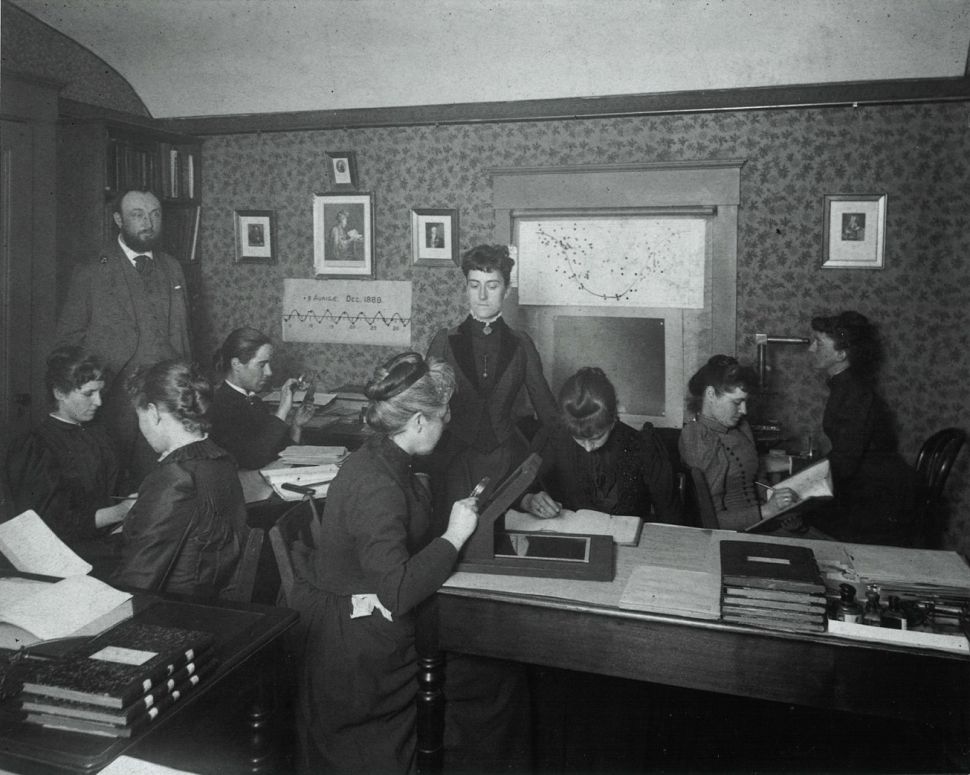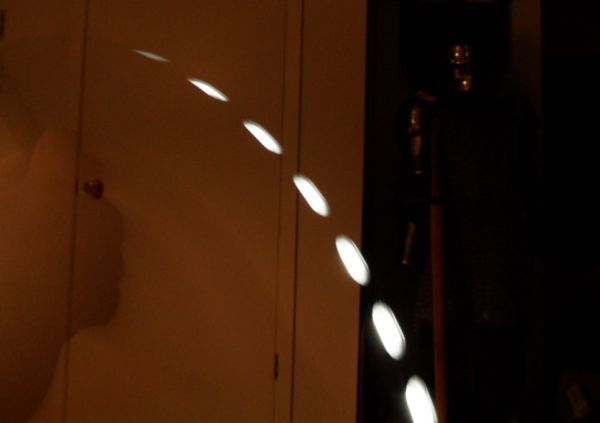In a different (but somewhat related) field, some baseball stars have been known to have "baseball eyes." That is, an exceptional ability to visually follow the trajectory of a 90+ mph baseball to a degree enjoyed by 0.1% (one in a thousand) of the human race, as discussed in "Moneyball" by Michael Lewis.
I would imagine that would also be an advantage for an astromer, all other things being equal. But has "history"shown this to be necessary? That is, have there been a large or at least disproportionate number of famous and successful astronomers that been identified with eyesight in the top 1% (or higher) of the human population? Conversely, have there been any noted astronomers with notably bad eyesight who have made contributions because their theoretical, intuitive, or other abilities were enough to compensate?

